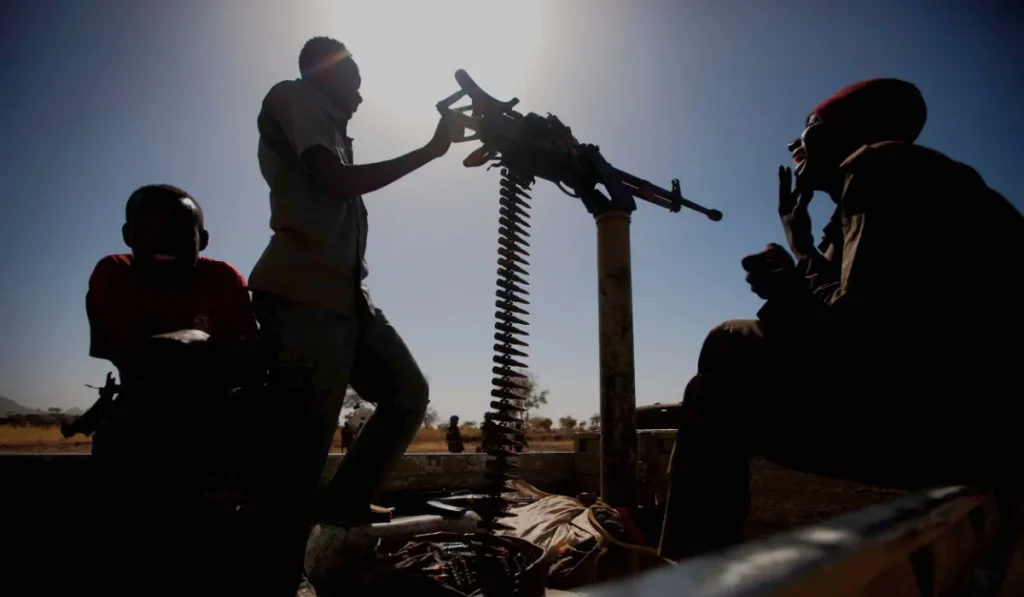
The security dilemma of coups in West and Central Africa
The idiosyncrasies surrounding these coups have sparked debate in the academic arena, as researchers seek to understand the logic and drive behind the upsurge.

The idiosyncrasies surrounding these coups have sparked debate in the academic arena, as researchers seek to understand the logic and drive behind the upsurge.
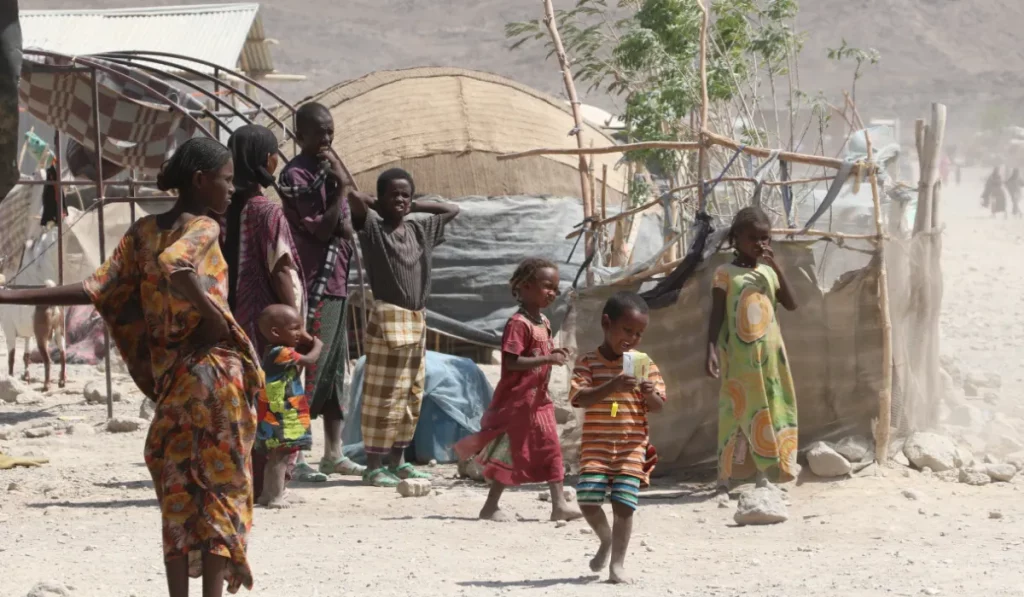
We begin this month’s Monitor with an article from Tom Wuchte and Rehema Zaid who write about the nexus between terrorism and climate change on the African continent. The article
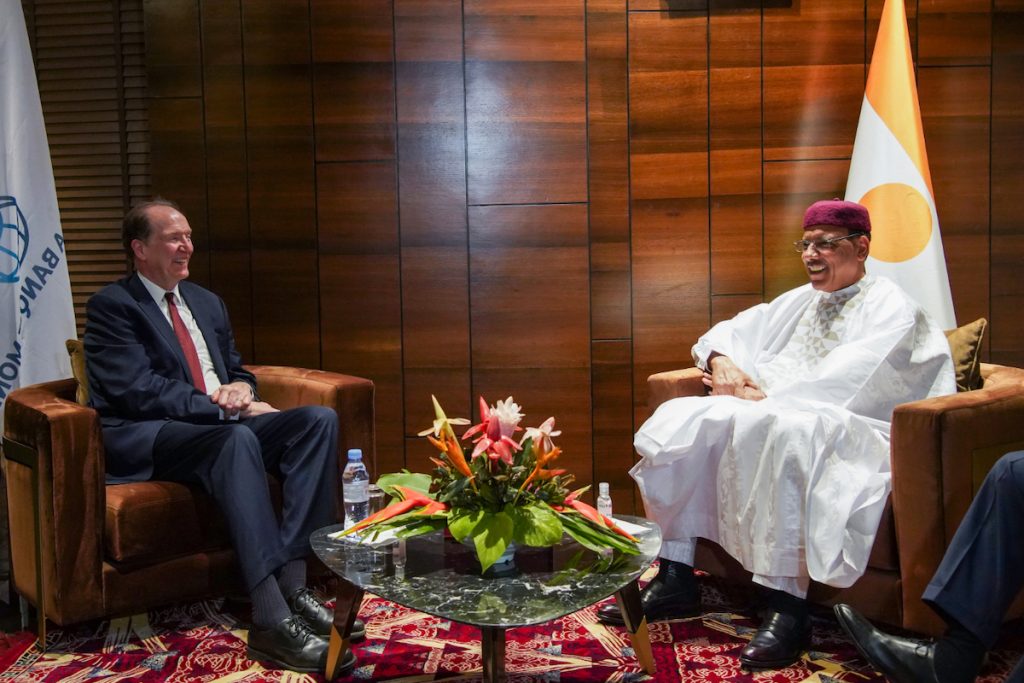
A closer examination of conflict connections and motivations reveals hidden agendas, geopolitical strategic moves, and the struggle for control in Niger.
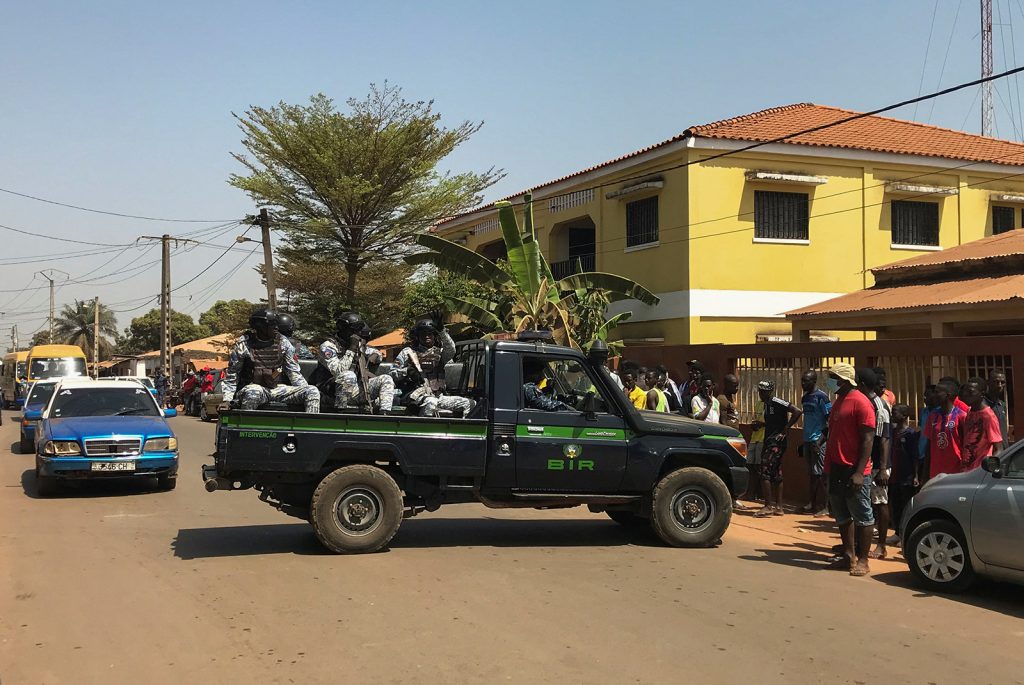
Coups in Africa appear to be a continuation of political process and leadership by another means, understood through the lens of neocolonialism.
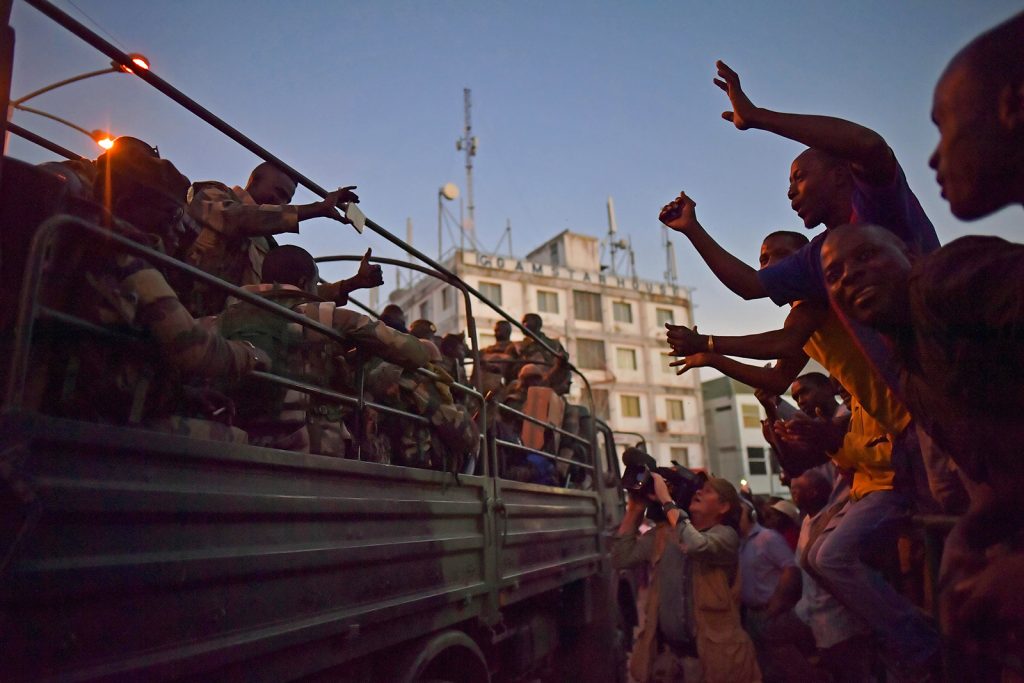
Political and constitutional reforms in West African countries challenges the role of ECOWAS in advancing democracy and stability in the region.
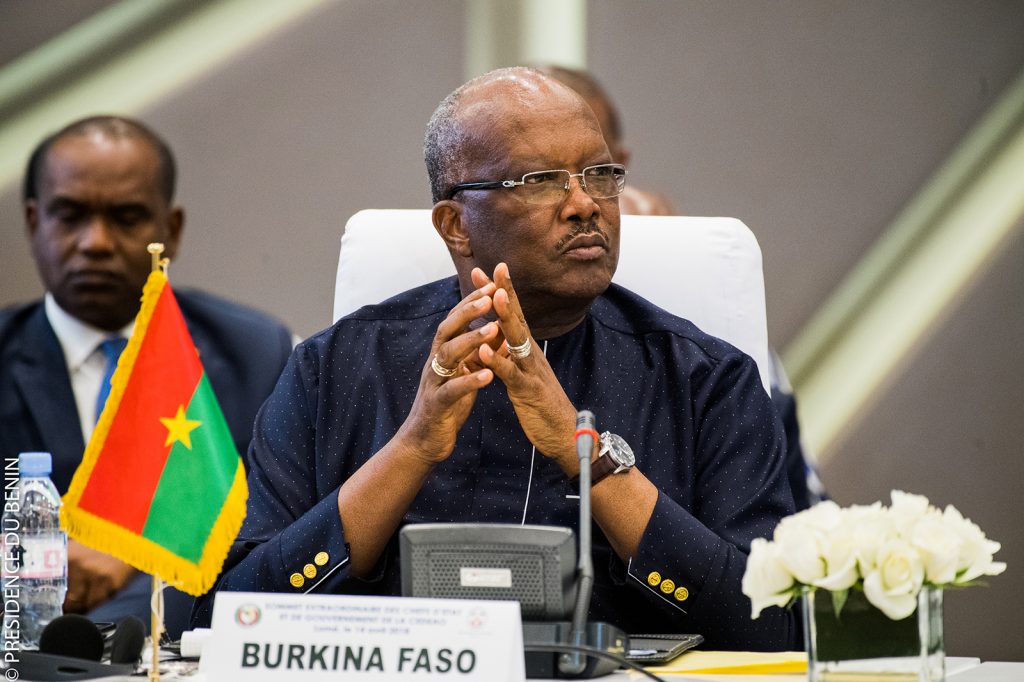
State-sponsored defence militias in Burkina Faso have the potential to exacerbate distrust and insecurity between communities, and undermine efforts to combat violence.
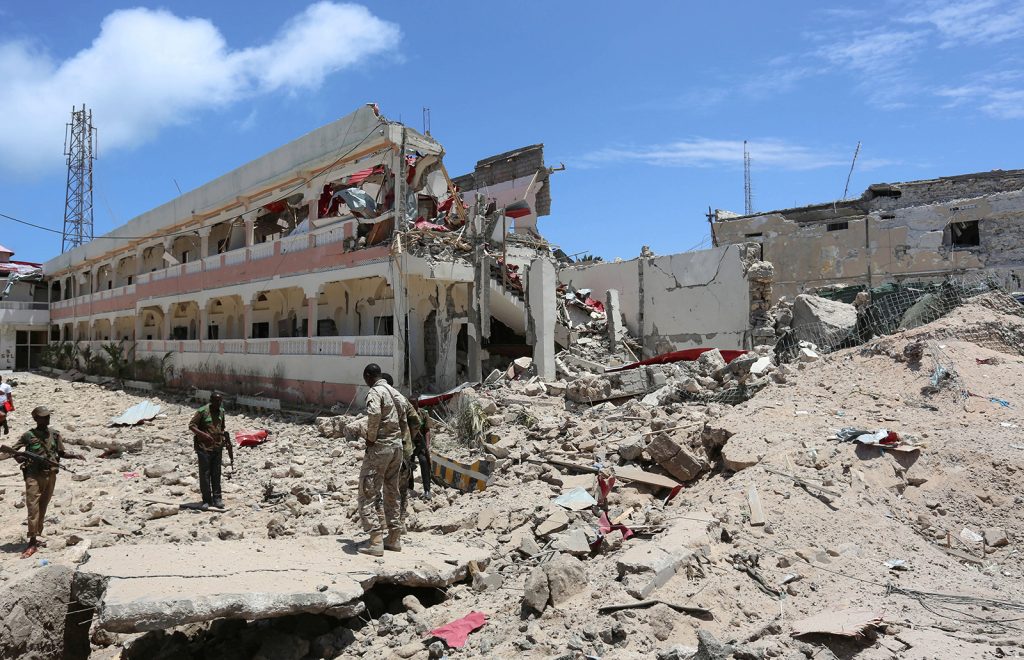
Infrastructures for peace are strengthened through community platforms for resilience, conflict early warning and dialogue.
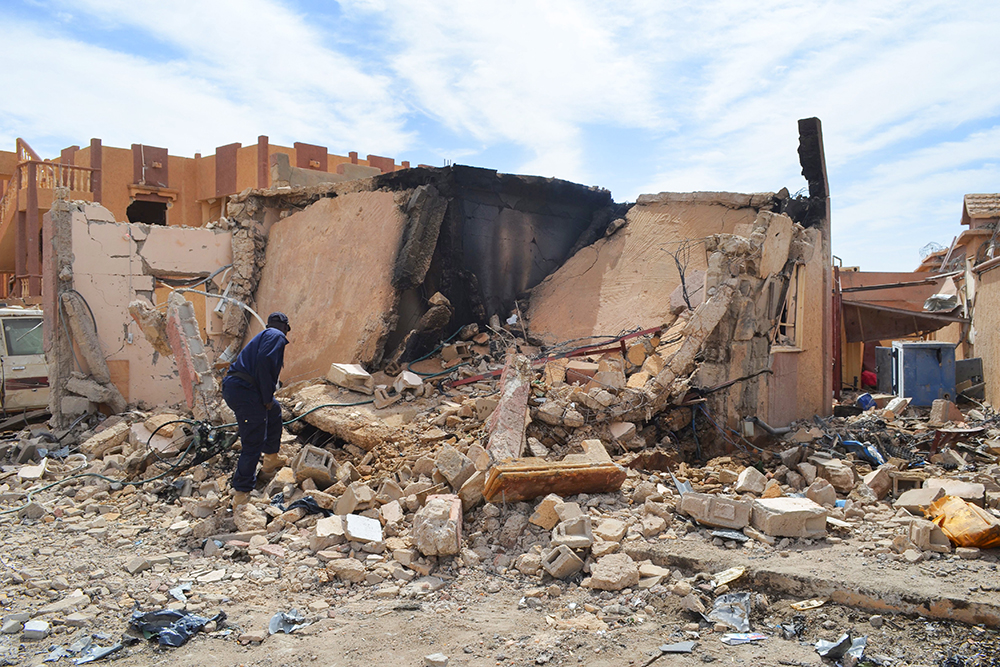
The activities of violent extremist groups in West Africa and Ghana’s immediate neighbouring countries requires proactive, preventive responses to terrorism in the country.
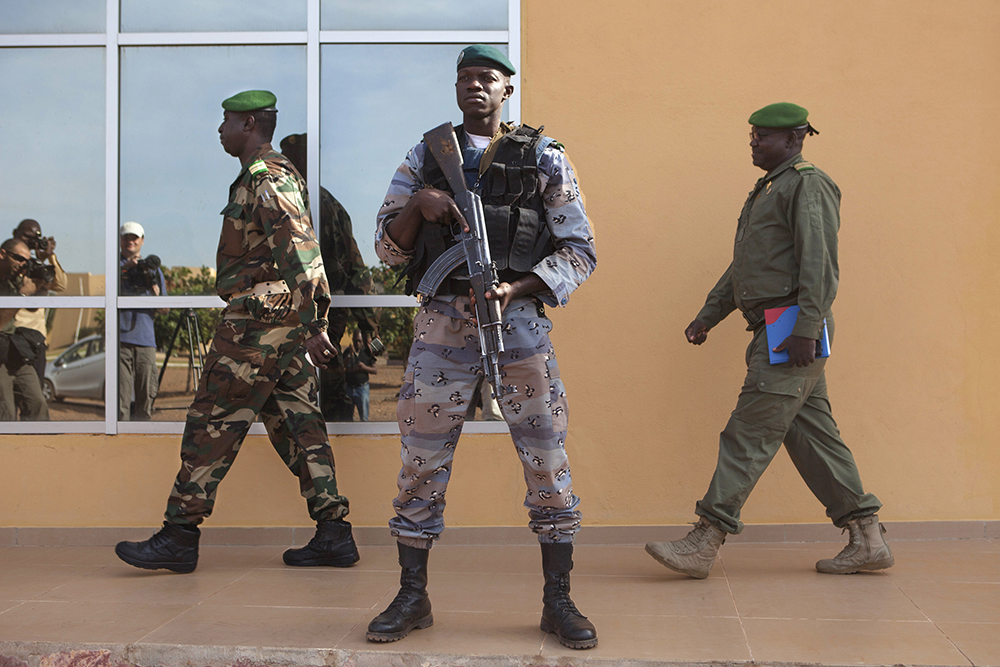
Sustaining peace in West Africa requires multi-level partnerships that engage and foster robust relationships among critical actors at key levels.

Joint Communique: Fourteenth (14th) Annual Joint Consultative Meeting between Members of The United Nations Security Council and the African Union Peace and Security Council, 30 September 2020 Source: African Union